Around 75% of adults with ADHD report trouble sleeping and waking. Sleep issues like fitful sleep, trouble rousing, and problems getting to sleep affect both adults and children with the condition. Still, there are ways to reduce these sleep issues, if not get rid of them completely. The suggestions mentioned are particularly helpful to those with ADHD, but also apply to those without.
Good sleep hygiene
Sleep hygiene is everything that involves you getting good quality sleep. Many environmental factors come into play, such as noise, light etc. However, the things we consume also affect how our body rests. Good sleep hygiene includes:

How to sleep with ADHD: set a consistent sleep-wake routine
This means going to bed and getting up at the same/very similar times, even on weekends. This can sound daunting, but once our body becomes used to it your circadian rhythm will make you feel sleepy and alert at the same times each day.
How to sleep with ADHD: Exercise
Exercise helps us sleep in so many ways. For those with ADHD, exercise is particularly important because it minimises restlessness and hyperactivity–main symptoms of ADHD. It also reduces things that tend to block sleep, like stress and anxiety. As our body prepares to sleep, our core temperature cools down and ss we wake up, our body heats up slightly. Exercising raises our body temperature, and as it drops in the evening we’ll feel drowsy. So exercising in the morning or during the day helps elevate our core temperature, speeds up our metabolism and helps release cortisol– keeping us alert. However, it’s not a good idea to exercise up to 4 hours before bed, as all the effects of exercising tend to make us more aroused. For practical exercise ideas, check out our compact home gym reviews.

How to sleep with ADHD: Avoid sugar, caffeine and alcohol before bed
Caffeine and sugar can make an ADHD brain even more hyperactive and alert. As a general rule, it’s best to avoid caffeine from around 2 pm. This may sound even worse than exercising regularly for some of us! However, caffeine has a half-life of around 8 hours, and this can cause problems. Caffeine will stimulate us for a while and then seemingly wear off––but the effects are still in our system up to 8 hours after consumption. And while alcohol isn’t a stimulant, it can keep us from reaching the deep stages of sleep which are essential for learning and memory. Alcohol also dehydrates our body and can cause us to wake up during the night, often to use the toilet or to drink water. Therefore, try to stop drinking alcohol around 3 hours before bed.
Good nutrition
Many dietary factors can aid sleep for those with ADHD, as well as help them manage their symptoms.

- Omega 3s–omega 3 fatty acids found in fish, walnuts, flaxseeds etc can benefit both adults and children in sleeping. But they can also help reduce the symptoms of ADHD such as :
-inattention and restlessness
-aggression
-impulsiveness
-reduced academic performance
-cooperation
Omega 3s also help make falling asleep easier, increase night-time melatonin levels and boost the quality of sleep.

- Magnesium–magnesium deficiencies are common, but magnesium is very beneficial for regulating moods, behaviour and sleep. It increases the levels of our calming neurotransmitter, GABA, helping us to relax. It has been found that up to 95 % of children with ADHD may be deficient in magnesium. Aside from supplements, magnesium-rich food include beans, dark leafy greens and whole grains.

- Melatonin and vitamin D–evidence shows that low levels of vitamin D are more common in children with ADHD than those without. This vitamin is essential for good sleep, as well as good mental and physical health. It aids brain development, function and protection. A lack of this vitamin is linked with mood disorders, depression, and even autism. Sources of vitamin D include fatty fish (tuna, sardine, salmon), eggs and sunlight. Melatonin is a hormone that aids sleep and is a strong antioxidant. However, because it is a hormone, taking medication and supplements aren’t recommended for young children, especially girls. Eating cherries is a prime source of melatonin that comes naturally without medication that all can benefit from.
Light therapy

Using light therapy helps reset the body’s circadian clock, something that may be out of sync for many who have ADHD. Our body clock or circadian rhythm tells our body when to feel tired and when to feel aroused, among many other things. Therefore, a circadian rhythm that’s out of balance can cause problems with our sleep-wake cycles. Research has shown that light therapy can improve symptoms of ADHD in adults. However, it’s important to only take light therapy in consultation with a sleep specialist or doctor. This is to ensure that you take in light at the right times and for the correct duration of time. Still, without a doctor, feel free to get plenty of sunlight in the morning. Direct sunlight lets our body know it’s time to wake up and re-sets our body clock for the rest of the day.
Putting all these recommendations in place is sure to aid your sleep in some way or another, whether you have ADHD or not. Ever wondered why those with ADHD tend to oversleep and have other sleep-related issues? Check out our article on ADHD and oversleeping.
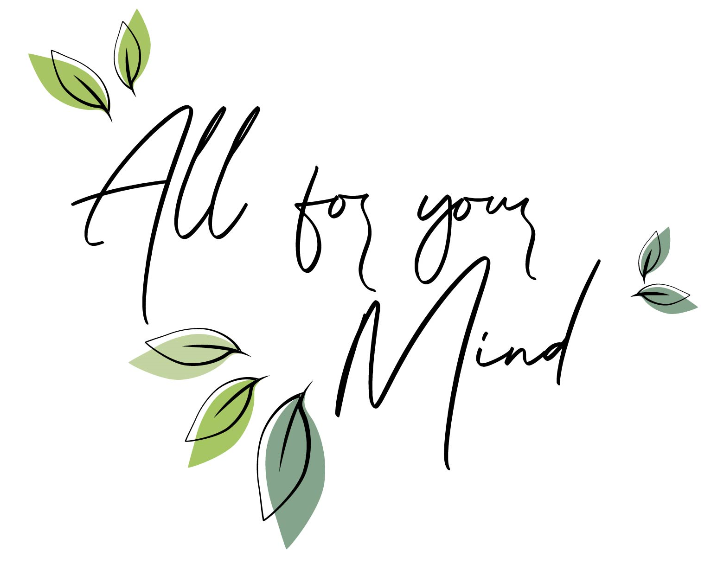
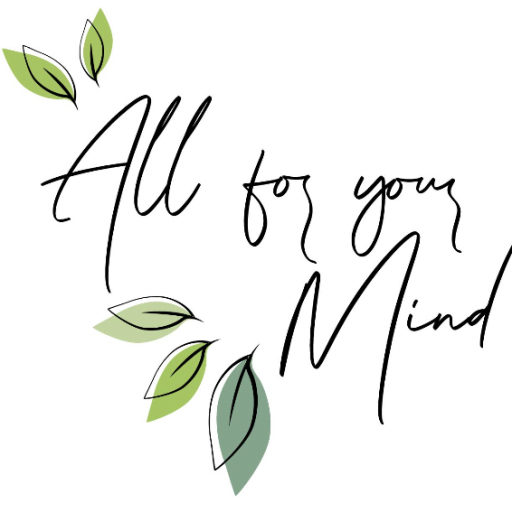
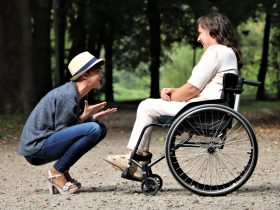
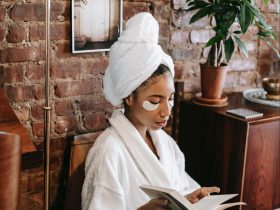
















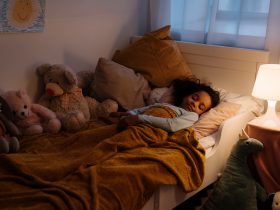
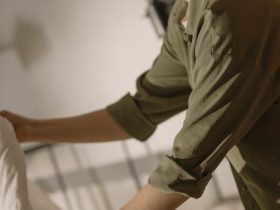
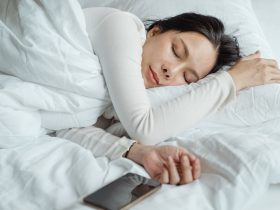
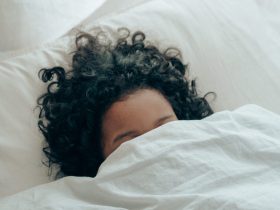
14 Comments